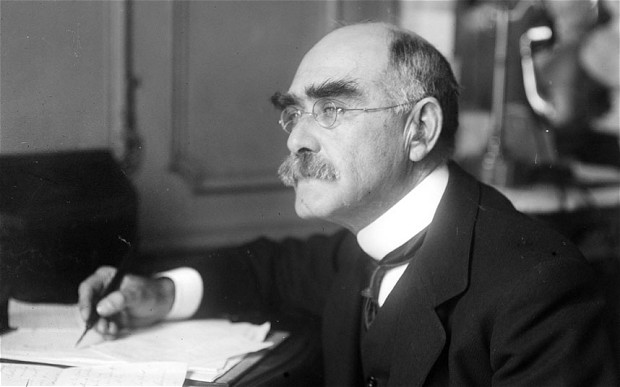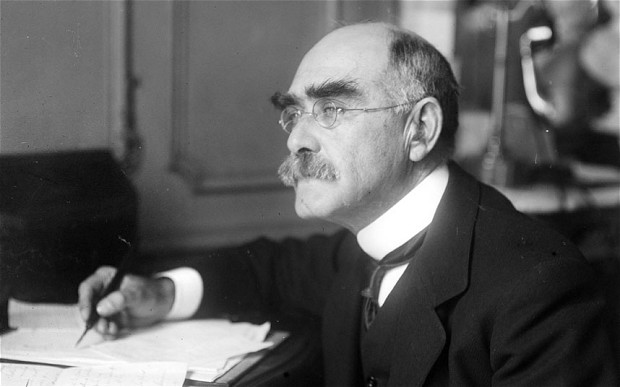John Kipling, son of poet Rudyard Kipling, disappeared during the First World War at the age of eighteen. His disappearance left the poet a shell of his former self, and he wrote about his son multiple times after the young man went missing in action. While WWI-era poetry lost its optimism early on, as seen by the poetry of Robert Graves, poor Rudyard Kipling was left without closure. He knew his son was dead, but knew not how it happened.
Those who knew the poet saw him descending into a hopeless cynicism soon after he stopped receiving word of his son. What was known was that John had been part of the Irish Guard which fought near a French town called Loos in the war’s first year. Rudyard Kipling had already lost his oldest child, his daughter Josephine, many years before when she succumbed to whooping cough while on family holiday. John’s death was more than he and his wife could bear.
The poet had a great deal of affection for his son, who he believed to be the embodiment of character. Even though John was not an academic like himself, the poet had high hopes that the boy would grow to find some measure of success in life. Rudyard Kipling originally wanted his son to find this success in the navy, but tailored his hopes more realistically when it became clear that John’s eyesight would never be good enough for proper seafaring. It was almost not good enough for the military at all, and the poet had to speak on his son’s behalf before John would be granted permission to serve, thestar.com reports.
The sad truth regarding the poet’s young son is that he was most likely torn asunder by artillery, as was the fate of many young souls during the First World War. While his name was eventually engraved upon a tombstone, there is no hard evidence that this tombstone is truly his. Rudyard Kipling even requested, upon joining the Imperial War Graves Commission, that the record should show his son was never found. He is presumed dead as of the Battle of Loos, on September the 27th of 1915.
Rudyard Kipling went on to compose a poem entitled “My Boy Jack,” all about a sailor lost at sea. Many see a notable connection between Jack of the poem and his son John, both of whom vanished at a very young age. The poem also shows a degree of pride for the young Jack, something which Rudyard Kipling undoubtedly felt for John, who gave his life to a great cause shared by the whole of a nation in the throes of war.

